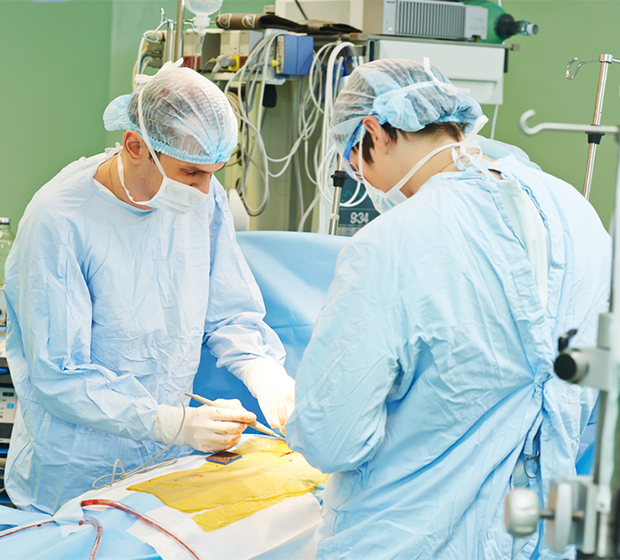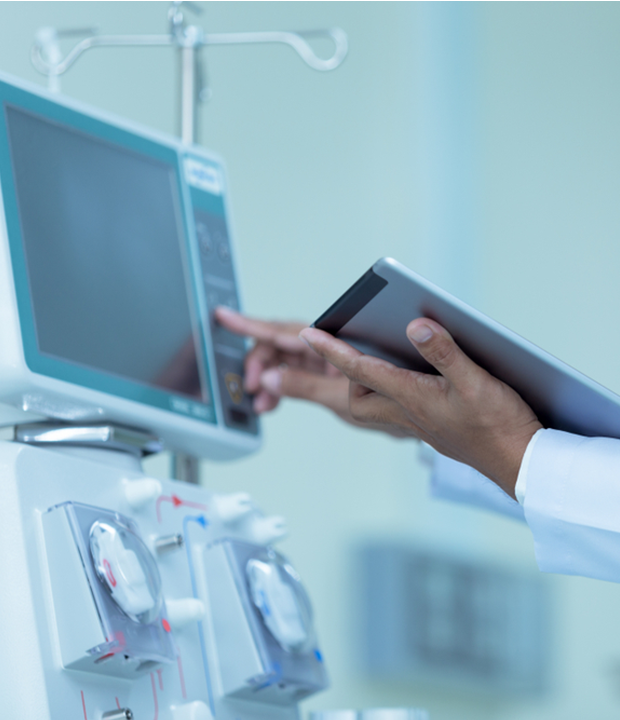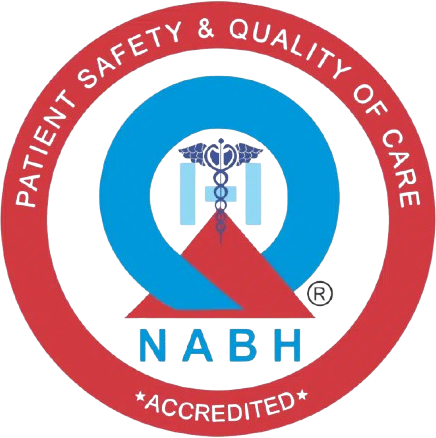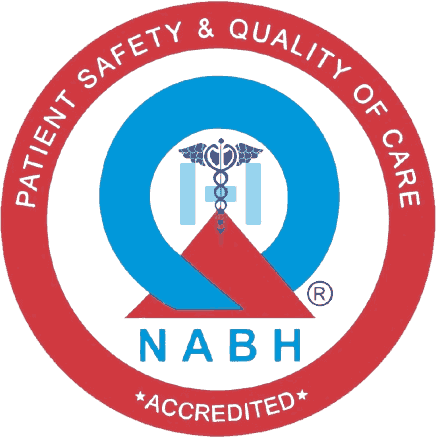Pancreas Transplant Program

Why Choose Health1 for Pancreas Transplant
- Complete care under one roof: Evaluation, donor-recipient matching, transplant surgery, ICU, dialysis, labs, imaging, pharmacy, and lifelong follow-up.
- State-of-the-art facilities: Dedicated Transplant OTs, advanced ICU, 24×7 lab and blood bank support, and strict aseptic protocols.
- Expert team: Experienced Transplant Surgeons, Endocrinologists, Nephrologists, Anaesthetists, Critical Care Specialists, Transplant Coordinators, Nutritionists, and Diabetes Educators.
- Patient-first approach: Clear counselling, streamlined donor work-up, and financial support through insurance and government schemes (PM-JAY eligible).
- Lifelong support: Structured post-transplant monitoring, immunosuppressive therapy management, diabetes education, and helpline services.


What We Do
- Pancreas Transplant Alone (PTA) — for brittle Type 1 Diabetes not controlled by insulin.
- Simultaneous Pancreas-Kidney Transplant (SPK) — for patients with Type 1 Diabetes and advanced kidney disease.
- Pancreas After Kidney Transplant (PAK) — for patients who already underwent a kidney transplant.

Advanced Facilities & Services
- Dedicated Transplant Operating Theatres: Laminar airflow, high-end monitoring, and surgical precision.
- Specialized Transplant ICU: 24×7 cover with advanced haemodynamic monitoring, infection control, and CRRT support if needed.
- Dialysis Services: For patients with associated renal failure.
- Endocrine & Metabolic Care: Continuous glucose monitoring, advanced insulin protocols, and diabetic complication management.
- Imaging Support: Doppler Ultrasound, CT, MRI for vascular and graft assessment.
- Laboratory Services: 24×7 availability for blood glucose, HbA1c, renal/liver function tests, coagulation profiles, microbiology, and drug-level monitoring.
- Immunology Support: HLA typing, cross-matching, antibody screening.
- Blood Bank & Apheresis: Component therapy and plasmapheresis for immunological optimization.
- Pharmacy: Round-the-clock supply of immunosuppressants and diabetic medications.
- Rehabilitation & Nutrition: Specialized diet plans for post-transplant patients with lifestyle coaching.


Patient Journey
- Referral & Registration → Transplant coordinator assigned.
- Recipient & Donor Work-Up → Medical, surgical, endocrine, and immunological assessments.
- Approval & Scheduling → Legal/ethical clearance, listing for living or deceased donor transplant.
- Transplant Surgery & ICU Care → Standardized transplant protocols for safety and outcomes.
- Discharge & Follow-Up → Regular labs, drug-level monitoring, diabetic counselling, and tele-follow-up.


Donor & Legal Support
- Coordination with deceased donor networks for pancreas retrieval and allocation.
- Complete assistance with statutory approvals and ethics committee processes.



Safety & Quality
- Multidisciplinary case reviews for complex and high-risk cases.
- Internationally accepted protocols for immunosuppression, infection prevention, and metabolic monitoring.
- Continuous audit of outcomes and adherence to transplant regulations.
Financial Counselling
- Transparent cost packages for pancreas or combined kidney-pancreas transplant.
- Support for insurance and cashless are provided.
Disclaimer: All procedures are subject to medical evaluation, donor availability, and statutory approvals.

FAQs Pancreas Transplant
1. What is a pancreas transplant?
A pancreas transplant is a surgical procedure where a healthy pancreas from a deceased donor is implanted into a patient whose pancreas no longer functions properly, most commonly due to type 1 diabetes.
2. Who is a candidate for a pancreas transplant?
- Candidates are usually:
- Individuals with type 1 diabetes and severe complications (e.g. kidney failure, frequent hypoglycemia)
- Those needing a kidney transplant may undergo a combined pancreas-kidney transplant
- Selected patients with type 2 diabetes may also qualify in some cases
3. What are the different types of pancreas transplants?
- Simultaneous Pancreas-Kidney (SPK) transplant – both organs transplanted at the same time
- Pancreas after Kidney (PAK) transplant – pancreas transplant after a kidney transplant
- Pancreas transplant alone (PTA) – only the pancreas is transplanted
4. What are the benefits of a pancreas transplant?
- Freedom from insulin injections
- Better blood sugar control
- Reduced risk of diabetes-related complications
- Improved quality of life
5. Where do donor pancreases come from?
All donor pancreases come from deceased organ donors. A match is determined based on blood type, body size, and tissue compatibility.
6. What are the risks of a pancreas transplant?
- Risks include:
- Rejection of the organ
- Infection due to immunosuppressive drugs
- Blood clots in the pancreatic blood vessels
- Digestive complications
- Side effects from long-term medication
7. How successful are pancreas transplants?
- Pancreas transplant success rates have improved:
- 1-year graft survival is around 85–90%
- Many patients remain insulin-free for several years
- Outcomes are best in combined pancreas-kidney transplants
8. What medications are needed after a pancreas transplant?
Patients must take immunosuppressive (anti-rejection) medications for life to prevent the immune system from attacking the transplanted pancreas.
9. How long does recovery take after a pancreas transplant?
- Hospital stay: usually 1–2 weeks
-
Full recovery: typically 6–12 weeks
Patients need frequent follow-ups, lab tests, and medication monitoring during the recovery period.
10. Is a pancreas transplant a cure for diabetes?
A pancreas transplant can eliminate the need for insulin in type 1 diabetes, but it’s not a permanent cure. Long-term success depends on overall health, organ acceptance, and adherence to medical care.


